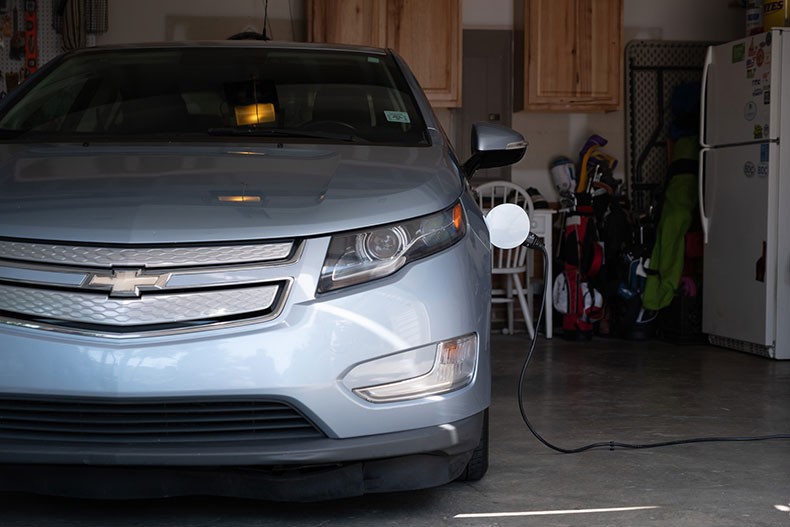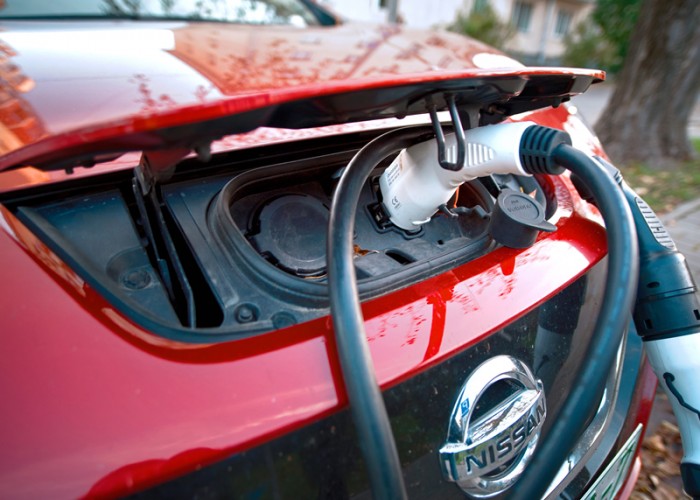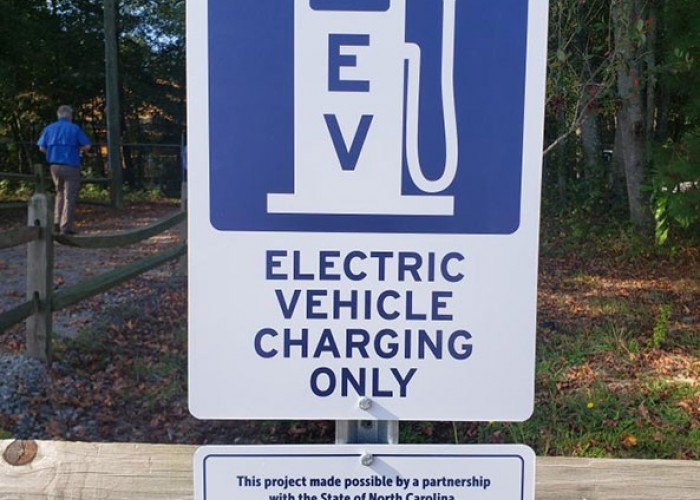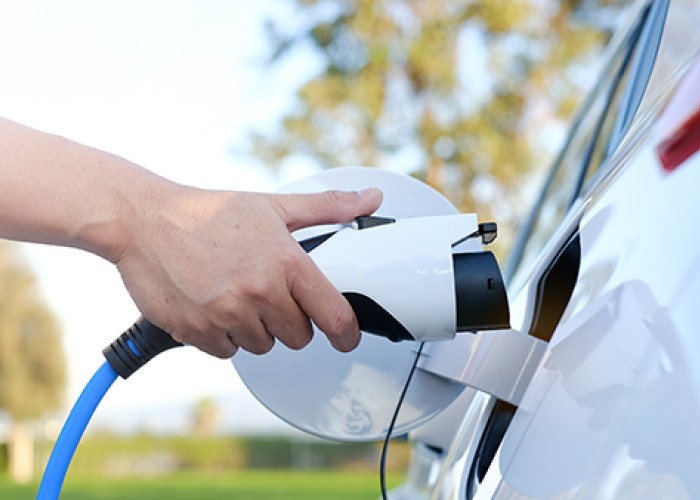Electric Vehicle Battery Safety
Big questions about our brighter future
By Nikki LynbergQ: Do electric vehicle batteries create an increased fire risk?
A: There is limited data on this topic and more work needs to be done, but from the best data we have available, electric vehicles (EVs) are not more likely to catch fire compared to their internal-combustion engine counterparts. Lithium-ion batteries are not a new technology — they are in our phones, laptops, power tools and a growing number of other applications. EVs are a newer application for batteries, but we have a good sense of what they are capable of and how to use them safely. Like any technology, follow the manufacturers’ suggestions for charging and repairs to ensure safety.
When they do occur, EV fires can be more difficult to put out than internal-combustion engine fires due to “thermal runaway,” which occurs when temperatures within a lithium-ion battery increase rapidly, according to the Raleigh-based energy consultant Advanced Energy.
Most states (including North Carolina) and automakers are developing training programs for first responders so they are well-equipped for handling the EV transition. North Carolina’s electric cooperatives support these programs and host training sessions for first responders in rural areas.
About the Author
Nikki Lynberg, Innovation and Business Development Analyst for North Carolina’s Electric Cooperatives-
Learn more about electric vehicles
-
Share this story:






